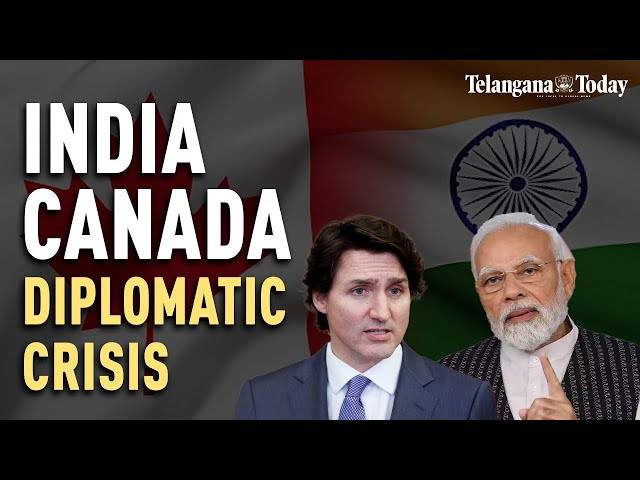The diplomatic landscape between Canada and India has recently taken a tense turn, with each nation navigating complex political and cultural differences that have intensified over the past few months. At the heart of this strain is the Canadian government’s perceived leniency toward pro-Khalistani groups, which support the separatist movement seeking an independent Sikh homeland, Khalistan, in India’s Punjab region. This issue has rekindled concerns in India, especially given the violent history associated with the Khalistan movement, which led to significant upheaval in the 1980s and 1990s.
Canadian Prime Minister Justin Trudeau has publicly stated that his government respects the Sikh community’s rights and does not support any extremist activities or groups that incite violence. However, Indian authorities argue that Canada has not taken sufficient steps to control the growth of these pro-Khalistan factions.
The Indian government contends that some of these factions, active within Canadian borders, have allegedly engaged in hate speech and attacks on Indian consulates. India has urged Canada to implement stricter measures to curb these groups' activities, which they claim disrupt Indian unity and national security.
This tension recently escalated when Canadian officials issued a statement expressing concerns over interference in Canadian domestic affairs. In response, India strongly condemned the allegations, seeing them as an attempt to undermine India’s territorial integrity.
From Canada’s perspective, protecting the rights of its Sikh diaspora is crucial. The Sikh community forms a significant portion of Canada’s population, especially in provinces like British Columbia and Ontario. Trudeau has emphasized the importance of cultural expression, which aligns with Canada's democratic values of freedom of speech and assembly. However, critics argue that the issue is not about cultural freedom but rather the potential for extremism to thrive under the guise of religious and cultural rights.
For both Canada and India, finding a diplomatic middle ground is challenging, as domestic pressures and the need to maintain strong international relations influence their approaches. As the two countries navigate these sensitive issues, future developments could shape not only Canada-India relations but also the global discourse around managing multiculturalism, free speech, and the fine line between activism and extremism. The world watches closely, as the outcome may set new precedents for handling similar issues in other nations with large diasporic communities.




No comments yet
Be the first to share your thoughts!